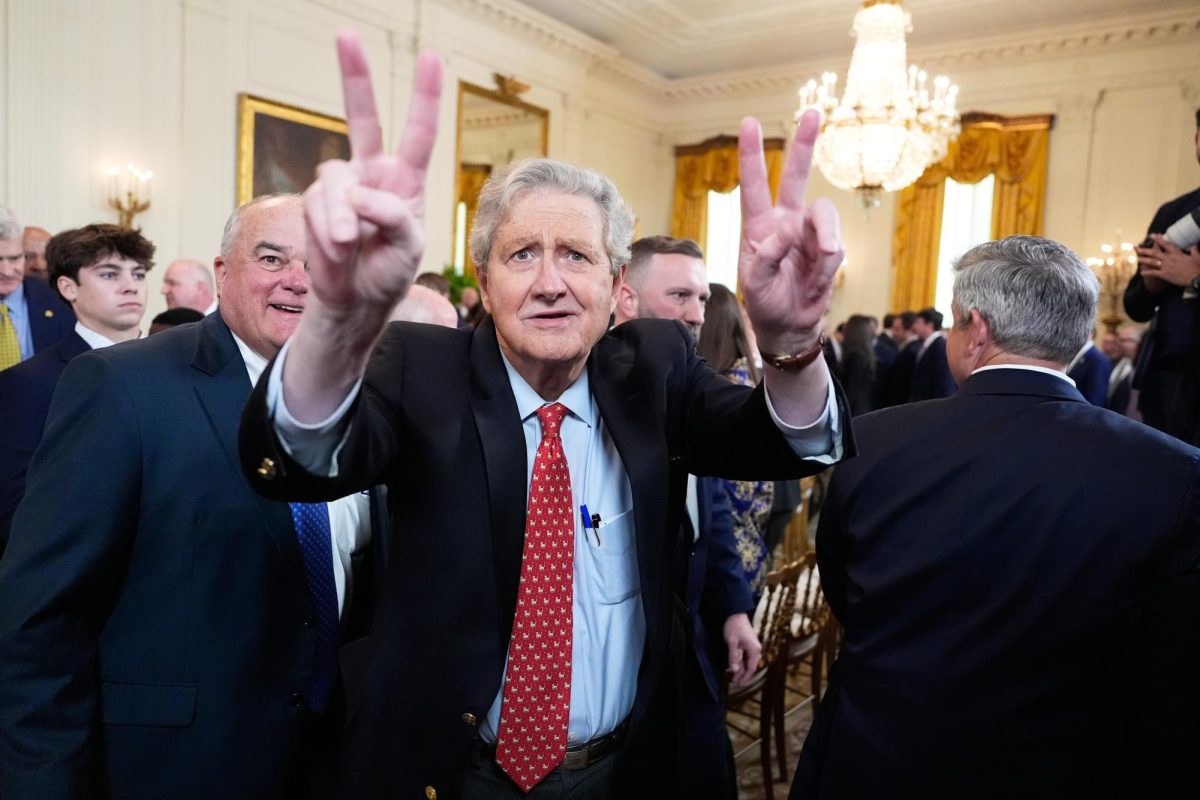In an age where everything is made to seem political, it’s hard for me to imagine calling myself politically neutral. But I have found that many of my peers choose to “stay out” of politics to avoid conflict.
I can see where they’re coming from. It can feel safer to stay out of things. But neutrality is not harmless. When we finally get the opportunity to make our opinions and voices count, we may end up unprepared for the responsibility that comes with adulthood and democracy.
Running out of time
Choosing to remain unaware of conflict today will result in a missed opportunity to understand and shape the world of tomorrow. Students who keep up with current events and engage in political discussions will develop the skills needed to make informed decisions as adults.
I see the opportunity to vote like a light at the end of the tunnel; I cannot wait to do my part and make a meaningful impact.
And to do our part right and make that opportunity count, we must be educated to make the best decision for not only ourselves, but the country as a whole.
Silence is powerful
When students choose silence over action, they still send a message. Choosing not to speak up about issues gives more power to those who already dominate the conversation. Therefore, avoiding politics will not protect you from politics; it ensures that decisions will be made without your input.
Our silence often comes from fear – whether that be fear of being wrong, fear of standing out or fear of being judged – but change comes from those who refuse to stay quiet, even when silence is the most comfortable option. Change doesn’t just happen in Congress or the Supreme Court, it starts in classrooms, cafeterias and conversations among friends.
Doing our part
The truth is that democracy doesn’t just need people to vote, but it also needs educated voters to care enough to participate. Being politically aware doesn’t mean picking fights or arguing with friends; it means being willing to learn. Even small acts like reading the news from reliable sources can build a habit of engagement that will support our democracy.
We may not have all the answers right now – and that is OK. But, we need to start paying attention. The longer you wait to get involved, the more control you will lose over what happens next. If we want a future shaped by our own generation, then we must claim our place in the conversation now.


